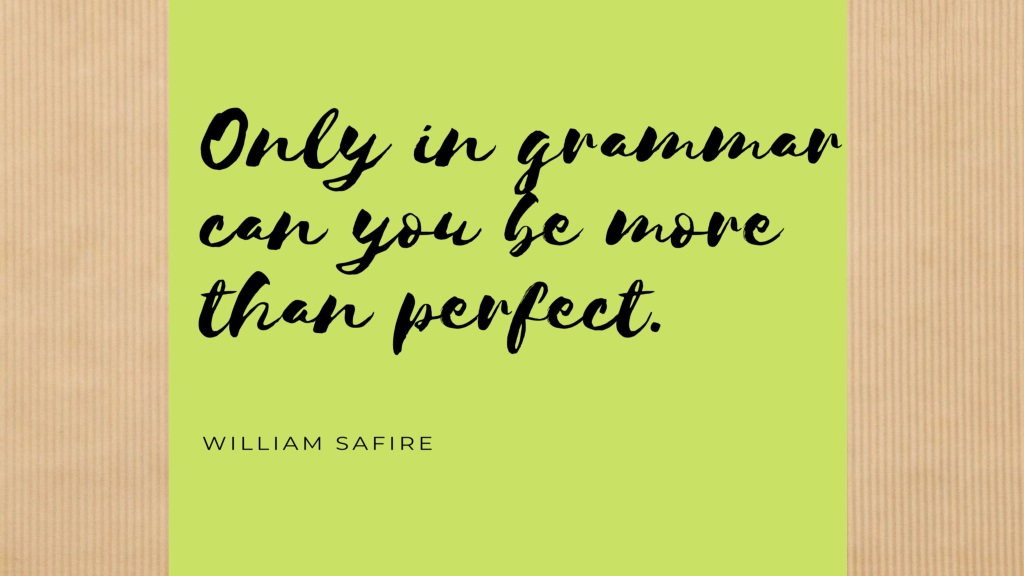

Replay
0 likes | 3 Views
The future tense in English grammar can be expressed using "will" or "going to." "Will" is used for predictions, spontaneous decisions, assumptions, and promises, while "going to" is used for intentions and predictions based on present evidence. The difference between "will" and "going to" is explained along with examples and exercises to practice distinguishing between the two forms.

E N D
Simple Future (I) – Will Simple Future (I) – Going to
Will – Going to Structure YOU WILL OPEN (the door) I AM GOING TO BUY (a new car) Auxiliary WILL– invariable Main verb – base form Auxiliary BE To-infinitive Going SUBJECT SUBJECT
Simple Future Will and be going to express future time and often have essentially the same meaning. As a general rule, the Future I simple with will is used for: Actions/predictions in the future that cannot be influenced Spontaneous decisions Assumptions with regard to the future Promises with regard to events set in the future
Simple Future – will Actions/predictions in the future that cannot be influenced It will rain tomorrow. People won't go to Jupiter before the 22nd century. Spontaneous decisions (not planned) “Wait, I will help you!” (I’ll help you) “Hold on. I'll get a pen”.
Simple Future – will An opinion, hope, uncertainty or assumption regarding the future He will probably come back on Tuesday. I think I'll go to the gym tomorrow. A promise “I will not watch TV tonight”. “I will babysit for you on Saturday!”
Simple Future – will Be When the main verb is be, we can use the future I simple with will even if we have a firm plan or decision before speaking: I'll be in London tomorrow. I'm going shopping. I won't be very long. Will you be at work tomorrow?
Simple Future – going to Going to is not a tense. It is a special structure used to express predictions about the future. We use going to for: Intention When we have the intention to do something before we speak. We have already made a decision before speaking: Jo has won the lottery. He says he's going to buy a Porsche. We're not going to paint our bedroom tomorrow. When are you going to go on holiday?
Simple Future – going to Prediction We often use going to to make a prediction about the future. Our prediction is based on present evidence. We are saying what we think will happen: The sky is very black. It's going to snow. It's 8.30! You're going to miss your train! I crashed the company car. My boss isn't going to be very happy! The present situation (black sky, the time, damaged car) gives us a good idea of what is going to happen.
Will vs. going to Going to + infinitive A decision before the moment of speaking: Will + infinitive A decision at the moment of speaking: Julie: There's no milk. John: I know. I'm going to go and get some when this TV program finishes. A prediction based on something we can see (or hear) now: Julie: There's no milk. John: Really? In that case, I'll go and get some. A prediction based on opinion: The Conservatives are going to win the election. They already have most of the votes. I think the Conservatives will win the next election. A future fact: The sun will rise tomorrow. For promises / requests / refusals / offers: I'll help you tomorrow, if you like.
Other points about the future: We use the present progressive for definite future arrangements. Often, it doesn't really matter if we choose 'be going to' or the present progressive. In the following example, there is really very little difference in meaning: I'm going to the cinema tonight. I'm going to go to the cinema tonight. We use the simple present in two cases. First, we use it for a timetabled event in the future, like public transport or the start of a class: My train leaves at six tonight. His class starts at 9am tomorrow. Second, we use it after certain words, when the sentence has a future meaning. These words are: before / after / as soon as / until / when: I'll call you when I get home. She's going to study after she finishes dinner. Please drink some water as soon as you complete the race.
Exercises ‘Will’ or ‘be going to’? 1. A: We don’t have any bread. B: I know. I __________________ get some from the shop. A: We don’t have any bread. B: Really? I __________________ get some from the shop then. A: Why do you need to borrow my suitcase? B: I __________________ visit my mother in Scotland next month. A: I’m really cold. B: I __________________ turn the heating on. A: Are you going to John’s party tonight? B: Yes. Are you going too? I __________________ give you a lift. 2. 3. 4. 5.
Exercises 6. A: What are your plans after you leave university? B: I __________________ work in a hospital in Africa. I leave on the 28th. (The phone rings) A: I __________________ get it! A: Are you ready to order? B: I can’t decide … Okay, I __________________ have the steak, please. A: Are you busy tonight? Would you like to have coffee? B: Sorry. I __________________ go to the library. I’ve been planning to study all day. 10. A: Why are you carrying a hammer? B: I __________________ put up some pictures. 7. 8. 9.
Exercises 1. A: Why are you holding a piece of paper? B: I (write) ______________ a letter to my friends back home in Texas. 2. A: I'm about to fall asleep. I need to wake up! B: I (get) ____________ you a cup of coffee. That will wake you up. 3. A: I can't hear the television! B: I (turn) _______________ it up so you can hear it. 4. We are so excited about our trip next month to France. We (visit) ____________ Paris, Nice and Grenoble. 5. Sarah (come) _________________ to the party. Oliver (be) ____________ there as well.
Exercises 6. Ted: It is so hot in here! Sarah: I (turn) _______________ the air-conditioning on. I think he (be) _______________ the next President of the United States. After I graduate, I (attend) _______________ medical school and become a doctor. I have wanted to be a doctor all my life. A: Excuse me, I need to talk to someone about our hotel room. I am afraid it is simply too small for four people. B: That man at the service counter (help) ______________ you. 10. As soon as the weather clears up, we (walk) ___________ down to the beach and go swimming. 7. 8. 9.
Exercises 1. - Have you got any plans for tomorrow? - Yes, I _______________ visit my grandparents. 2. - Why is she learning Spanish? - She _____________ travel to Spain. 3. - We are thirsty. - Wait here. I _______________ get some water. 4. - Meat or fish? - I _______________ have some fish, please. 5. - What do you want the keys for? - I ______________ close the door.
Exercises 6. - If you don't take a taxi, you _____________ arrive on time. 7. - Why do you want so many oranges? - I ________________ make an orange juice. 8. - Oh! I haven't got enough money to pay! - Don't worry. I _____________ lend you some. 9. - We need one more player. - ____________ you play with us tomorrow? 10. - Why are you turning on the TV? - I _________________ watch a football match.
